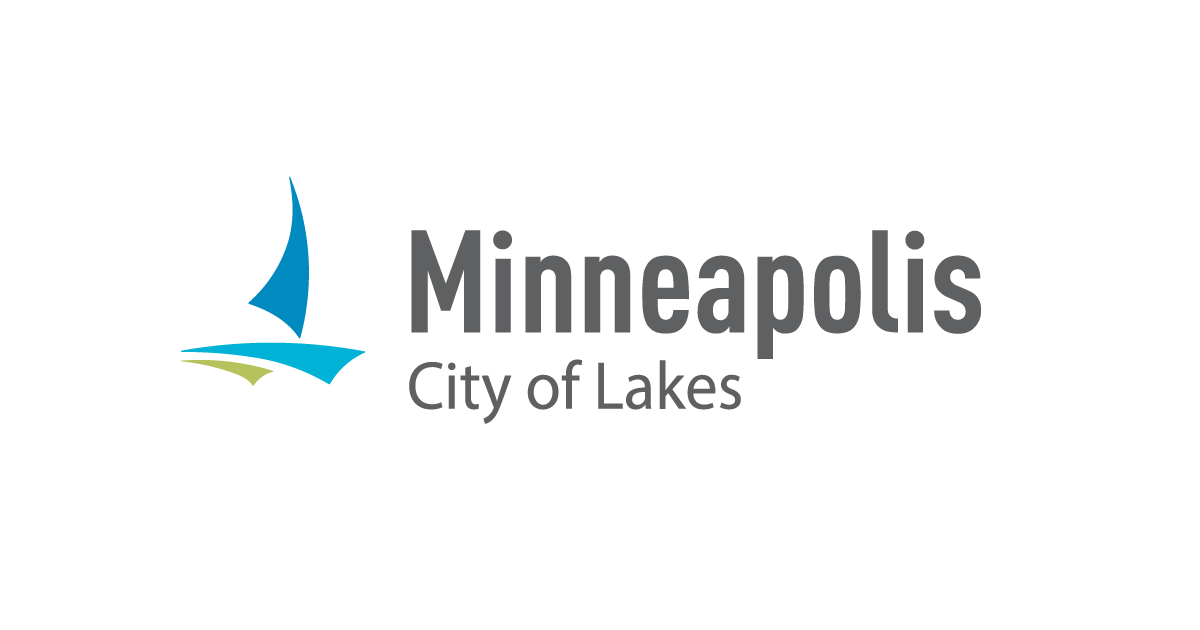Using new state and federal funding, the City of Minneapolis has started work to replace aging water infrastructure for property owners across the city. The City has completed a citywide inventory of all water service lines. The water service line is the pipe that runs from the water main in the street to the meter inside a property. In Minneapolis, the entire water service line is owned by the property owner.
This week, residents who have either a lead water service line, a galvanized water service line requiring replacement or a water service line of unknown material will be receiving a letter from the City. The letter provides information about the water service line material, steps that can be taken to minimize lead exposure in drinking water, and an update on the City’s effort to replace lead water service lines. Minneapolis water is tested hundreds of times a day to ensure it is safe to drink, and has always met all federal drinking water standards for lead.
An interactive map of the water service line inventory can be viewed on the City’s website.
What Minneapolis is doing to replace lead water service lines
Minnesota’s 2023 Lead Service Line Replacement legislation enabled the use of public funds to replace water service lines. This year, using state and federal grant funds, the City began proactively replacing lead service lines at no cost to the homeowner. In total, we will replace around 400 lead service lines using grant funds in 2024 with a plan to replace 1,000 in 2025. This effort will continue until we have replaced, or attempted to replace, every lead service line in the city (replacement currently requires property owner’s consent).
It is important to note this is not an “opt-in” program. The State legislation requires prioritized replacement based on the following criteria:
- Focusing on areas with lower-income residents and other disadvantaged communities.
- Focusing on areas with children with elevated blood lead levels.
- Coordinating the replacement of lead service lines with other capital improvement projects for the most efficient use of grant funding.
Minnesota’s 2023 legislation included the goal to remove all lead service lines in the state by 2033. The recently published Federal Lead and Copper Rule Improvements requires that all lead service lines are replaced by 2037 (ten years after the rule’s compliance deadline). Minneapolis shares the goal and will meet the required deadline.
Because water service lines are owned by property owners in Minneapolis, the City needs explicit permission from a property owner to replace their water service line. The City will be reaching out to property owners in next year’s project areas in December/January. If a property owner receives a letter requesting access to complete their water service line replacement, we strongly encourage they complete, sign, and return the form.
How the City protects Minneapolis residents from lead in drinking water
Minneapolis provides for “corrosion control” during the water treatment process. Corrosion control works by adding a chemical to the water called ortho phosphate to create a protective scale on pipe materials that prevents lead from getting into the water. The City also targets a pH of 9.0 to ensure the water is not corrosive and pipe surfaces will not leach lead if the water comes in contact with it.
Steps residents with a lead water service line can also take include:
- Always use cold water for cooking and drinking
- Run your water for a few minutes before using it
- As a pre-cautionary measure, you can use a lead-reducing filter or pitcher.
For additional peace of mind, Minneapolis residents can request a free at-home testing kit.

